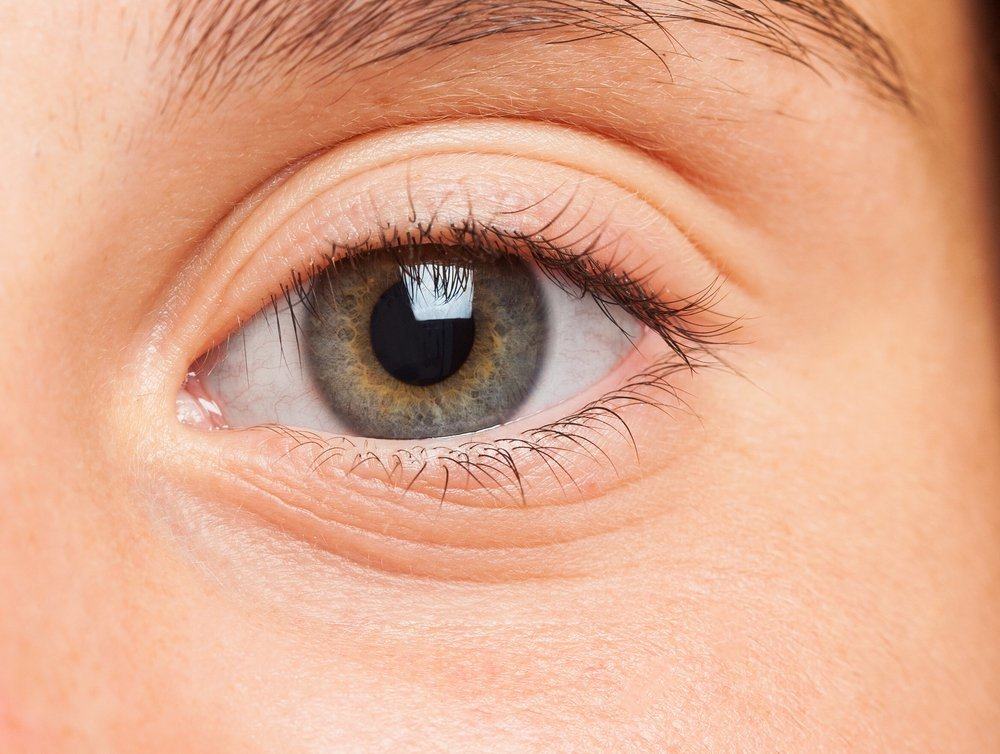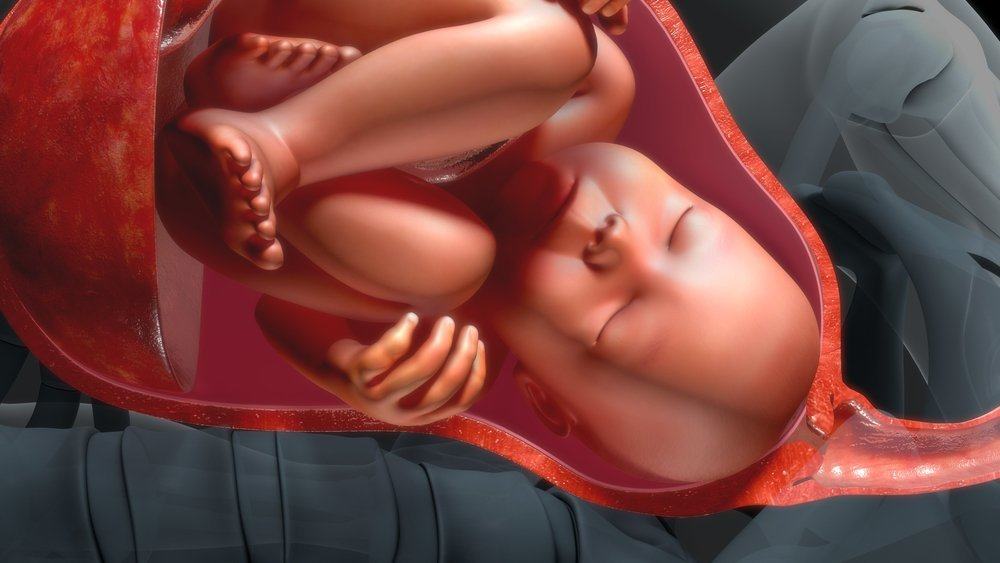Contents:
- Medical Video: Concussion / Traumatic Brain Injury (TBI)
- What is head trauma?
- What are the symptoms if the head trauma is already in a severe stage?
- Concussion
- How to deal with head traumaconcussion?
- Contusion
- How to deal with head traumacontusion?
- Compression
- How to deal with head traumacompression?
Medical Video: Concussion / Traumatic Brain Injury (TBI)
Exposed to a hard hit on the head may have become a common thing when you do various sports activities such as playing soccer, basketball or playing martial arts. Even so, the presence of head trauma can cause serious health problems and the effects can vary, depending on the impact of the impact on the outer head and brain.
What is head trauma?
Head trauma is any form of physical injury that affects the part of the forehead, head bone, or brain. Trauma to the head does not always have a serious direct effect, but damage can affect the tissue around the head, the outer and inner blood vessels of the skull, and the head bone first.
What are the symptoms if the head trauma is already in a severe stage?
Immediately check the following signs if you suspect you or someone around you has severe head trauma:
- Notice whether the individual response is reduced or none at all when you talk or come into physical contact
- Pay attention to the physical signs around the head; Serious trauma can cause a person to draw fluid or blood from the ear or nose.
- Beware if the pupil size is different on the right and left.
Depending on how hard and the effect on the head or brain, trauma to the head can be grouped into several levels; concussion, contusion and compression.
Concussion
Concussion or minor impact is a type of trauma to the head that has the lowest level of injury and is most common. Concussion It is characterized by a blow that is strong enough to give a vibration effect to the brain, but is usually not accompanied by damage to the tissue around the head.
READ ALSO: Be careful, heading a ball can interfere with brain function
When it happened concussionthe brain vibrates and hits the skull bone on the inside. This is also not always caused by a blow that hits the head directly, but the vibration that the body receives is also strong enough to vibrate the head inside the skull like when a collision occurs between two people or when falling from a bicycle.
Concussion causes loss of one's thinking ability temporarily, with varying durations depending on the intensity of the blow experienced by the brain. Symptoms that may occur can be dizziness, nausea, drowsiness, confusion or loss of consciousness. These symptoms also do not always occur directly but can appear several days after experiencing trauma.
How to deal with head traumaconcussion?
There is no specific treatment to overcome concussion as long as there are no injuries and signs of serious trauma. Someone who experiences mild head trauma should immediately stop the activity immediately and not return to activities that have a risk of trauma to the head in some time. To reduce pain, use drugs such as paracetamol, however avoid it consumption of drugs such as ibuprofen and aspirin, and alcohol. Consumption of specific nutrients such as protein, omega-3, vitamin D and magnesium will also help recovery if there is brain damage. In addition to the need for symptom monitoring, if the disorder persists for more than a week, immediately contact your doctor for further examination.
Contusion
Contusion is a type of trauma to the head which is also characterized by injury or bleeding to the head. Although it can be related to concussion, health problems at contusion caused by a wound due to trauma to the head, so it needs to be addressed immediately.
READ ALSO: 10 Causes of Headaches Accompanied by Nausea
Contusion often caused by a bump on the head when it falls or is hit by a sharp object on the head. Besides bleeding, contusion can also be accompanied by serious injuries such as fractures of the skull, swelling of the face and neck stiffening. Wound on contusion can also be accompanied by cognitive problems that are quite serious such as personality changes, reduced ability to think, difficulty speaking and understanding speech and impaired body coordination function that appears some time after trauma.
How to deal with head traumacontusion?
The first thing to do for trauma sufferers contusion is to check the response and awareness of the patient and then continue first aid in the head injury. Bring sufferers immediately contusion to health services if they show serious injuries and have a tendency to cognitive impairment.
IMPORTANT: In helping wounds on the head or contusion unconscious, there are several ban, including:
- Do not wet the wound on the head
- Do not pull out any objects that stick to the wound
- Do not move, lift, or move the person unless the situation is urgent
- Do not shake the body when the patient is unconscious
- Do not open the headgear like a helmet from a patient who has head trauma
If you want to give help when a trauma sufferer in an unconscious head, try to find help by contacting the nearest health service and securing the environment and providing a distance around the sufferer.
Compression
Compression is a type of head trauma that can appear together with symptoms of trauma concussion and contusion. Compression or also known as cerebral compression characterized by an increase in brain or blood fluid pressure, which slowly decreases a person's consciousness. Although this can also occur due to infection, brain tumor, or stroke, cerebral compression also often caused by trauma to the head.
READ ALSO: Tips to Relieve Headaches Without Medication
Cerebral compression more recognizable to others than to yourself. Behavior changes or thinking disorders can make sufferers think illogically. However, a history of head trauma, although not marked by injury, can increase suspicion of interference cerebral compression. Sufferers cerebral compression usually experience extraordinary headaches, a strong but slow heartbeat, a difference in the width of the pupil. weak or powerless and lose coordination ability.
How to deal with head traumacompression?
Disorders cerebral compression requires early treatment to prevent damage and premature death, but sufferers need help from others to recognize the disorder and refer him to the hospital. If you suspect someone is experiencing cerebral compression, immediately contact your doctor and help the patient to remain calm and monitor vital signs such as response, heart rate, and breathing to get help.












